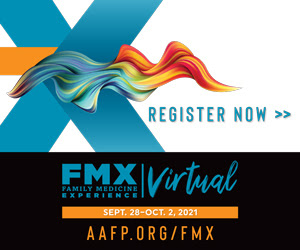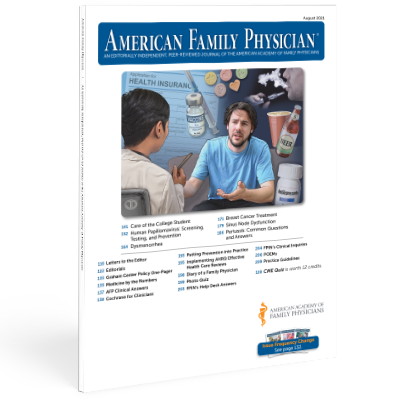Admissions 2026
Connect with us on Zalo:
Contact Admission
Email Us:
Call Us:
Send your documents:
09 Nguyen Gia Thieu street, Dien Ban Dong ward, Da Nang city, Vietnam
International Collaboration
For any enquiries regarding international collaboration or Student Elective Programs, please contact us at:
Follow Us on Social Media
Follow us on social media for tips, news and updates about appling to Phan Chau Trinh University:
Chest Pain, Oral Reactions to Common Medications, Seasonal Affective Disorder
|
|
Other library
- Insomnia, Aspirin During Acute Gastrointestinal Bleeding, Asthma ( 16:35 - 07/09/2023 )
- New Issue: The Business Case for Team-Based Care, Nurse Triage Model for Patient Messages, Team-Based Hypertension Management, Burnout Recovery ( 09:18 - 13/07/2023 )
- Discontinuing Antidepressants, FODMAP Diet for IBS, Spirometry for Asthma Diagnosis ( 07:44 - 06/07/2023 )
- New Issue: Acute Abdominal Pain, Chronic Obstructive Pulmonary Disease, Benign Prostatic Hyperplasia ( 07:46 - 23/06/2023 )
- AAFP Clinical Answers June 1, 2023 ( 13:25 - 12/06/2023 )
- New Issue: Chronic Asthma Treatment, COVID-19, Bell Palsy ( 10:24 - 17/04/2023 )
- AAFP March 2023: The PHE Wind-Down: What You Need to Know, Reducing Errors, MIPS Deadline ( 08:12 - 03/04/2023 )
- New Issue: Osteoporosis, Polycystic Ovary Syndrome, Posttraumatic Stress Disorde ( 08:48 - 25/03/2023 )
- Your February Issue: Cognitive Load, Insulin Simulator, CGM ( 07:51 - 18/02/2023 )
- New Issue: Fibromyalgia, Acute Otitis Externa, Pharmacologic Treatment of Depression ( 07:50 - 18/02/2023 )

























